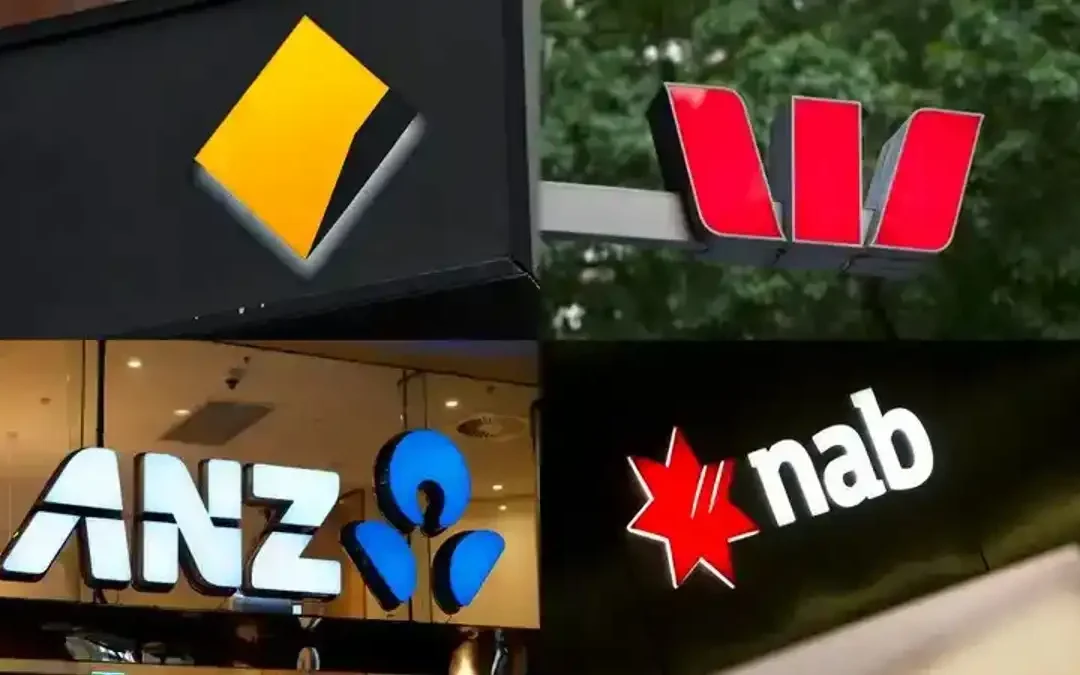In the last five years, since the Royal Commission into the Banking Sector, we have seen the introduction of individual ‘de-banking’. ‘De-banking’ is a process by which your bank refuses to continue to service you. This means that they can refuse to allow you to continue to hold bank accounts with them, give notice that they are going to close all of your facilities and cancel your credit cards.
The de-banking of corporations and businesses has been around for some time, usually in circumstances where there are concerns that the corporation or business is conducting illegal or unethical business practices or are misrepresenting themselves as domestic based businesses, when they are really off-shore businesses.
Can I be ‘De-banked’?
However, recently, we have seen individual clients of our business being de-banked on the basis of criminal allegations. This can occur at any time after a person is charged with serious offending. It can happen suddenly and have significant ramifications for the individual, their family and their legitimate business. Usually, however, it occurs very shortly after the person has pleaded guilty to serious offending or has been found guilty. Victoria Police will regularly alert the banks to criminal proceedings relating to an accused person, who is also a client of the bank.
We are not aware of how Victoria Police identifies which bank an accused person banks at. However, in all likelihood, the financial crime area of Victoria Police contact each of the big 4 banks and provide them with the accused’s name and date of birth so that they can conduct checks and make a decision as to whether to de-bank that person. What we do know is that de-banking usually comes at the worst possible time for an accused or convicted person and their family.
Out of the clients who have been de-banked in recent years, we have found the following commonalities:
- They have all been clients of the big four banks: CBA, ANZ, NAB and Westpac
- They have held both individual and business accounts with the bank
- They have been charged or found guilty of the following kinds of offences:
- Money laundering;
- Drug importation;
- Large scale drug trafficking;
- Extortion; or
- Fraud.
How Would ‘De-banking’ Affect Me?
Once a client is de-banked, or is in the process of being de-banked, it can have significant effects on the personal and business accounts they hold, the mortgages that they hold and their ability to service them, car loans, business loans and lines of credit. If you have a relatively complex structure of business and personal accounts, having to change all of your bank accounts means having to advise all of your legitimate suppliers and those for whom you direct debit amounts that accounts have changed. You will also have to make arrangements to have other accounts opened, which may have to be in business and person names. This can be particularly difficult if you are incarcerated and you have a loved one or business partner trying to navigate this process in your absence.
Why is my Bank Allowed to ‘De-bank’ my Accounts?
The ability for a bank to ‘de-bank’ a client simply lies in the terms and conditions to opening an account (those terms and conditions that we rarely read). Each of the big 4 banks, generally and as a matter of course, include a term in their contracts that relate to a discretion the bank holds to close bank accounts held by people that the bank perceives pose a financial, legal, regulatory or reputational risk to the bank. Banks, such as the Commonwealth Bank, have suffered the reputational embarrassment of having been named by the Royal Commission into the Banking Sector as a bank which permitted or facilitated money laundering. Accordingly, they would rather de-bank a person than risk coming to the attention of the regulator (or media) as being a financial organisation that facilitates organised crime and money laundering. Given how many accounts the big banks hold, it is unlikely that they actually interrogate the information provided by Victoria Police or look into the exact nature of the allegation. It is simply enough for someone to be charged with a particular offence, regardless of the circumstances, for the bank to exercise a discretion that the account holder agreed to in the terms of conditions.
So, What Can You Do?
Defence can be the best offence. If you or your loved one is charged with a serious drug or financial offence, look at your accounts. Are they held by the big 4? If so, have a contingency plan in place:
Prepare a Power of Attorney
First, ask your solicitor to prepare a power of attorney. A power of attorney is a document that empowers another person to act as if they are you, depending on the nature of the powers that you assign to them. Powers of attorney can also be contingent on certain events occurring.
For example, where a person is facing trial for serious crimes, the result of which could be a term of imprisonment if convicted, we advise them to instruct us to prepare a power of attorney contingent on that person being convicted and incarcerated. For example, Mr. Brown might be standing trial for commercial quantity drug trafficking. He has pleaded not guilty but, as with every trial, there is no guaranteed outcome. Before the trial, Mr. Brown instructs our office to prepare an enduring power of attorney empowering his wife to act as his power of attorney, in the event that he is incarcerated. However, unless he is incarcerated, that power of attorney will not come into effect. At the conclusion of the trial, if Mr. Brown is convicted and remanded into custody, our office will provide Mrs. Brown with written confirmation from Corrections Victoria that Mr. Brown is in their custody. Thereafter, she can act as Mr. Brown’s power of attorney to close bank accounts, cancel mobile phone plans or do anything else that Mr. Brown (himself) would be able to do.
Create a Second Account-holder / Authorised Person
It can be a lot of pressure on one person to deal with being de-banked. If you have a spouse, family member, or business partner, whom you trust, make them a secondary account holder. This means that if you are remanded, or even just struggling with the pressure and stress of managing the varying effects of de-banking, there is someone else who can assist.
Diversify Your Accounts
Whilst it might be costly in the short term, you should really consider opening personal and business accounts with other financial organisations outside of the big 4 banks. For example, you should consider opening accounts with regional banks, online banks or smaller financial organisations (such as credit unions) who are less likely to be contacted by Victoria Police and less likely to debank you. You need to have somewhere for your money to go if you are debanked and it is so much easier if you already have a back-up, rather than having to organise one after the de-banking process has occurred. Similarly, if you can apply for a credit card from a credit union, with a relatively modest credit amount, that will assist you to pay for things whilst the process of being ‘de-banked’ and ‘re-banked’ is underway.
How Galbally Parker Lawyers can Help with ‘De-banking’
We hope that this article has been helpful in navigating the complex process of de-banking and assisting you in becoming more prepared for any challenges that may arise. The information provided is designed to give you a clearer understanding of the steps involved and the potential implications.
If you find yourself charged with an offense that could lead to you being de-banked, we strongly encourage you to reach out to our office for a consultation. Our team of experienced professionals is ready to offer personalised advice and support tailored to your specific situation. By seeking our expert guidance, you can better manage the legal and financial aspects of your case, ensuring you are well-equipped to handle the circumstances effectively. Don’t hesitate to contact us for the assistance you need during this critical time. At Galbally Parker, we are here for you. We assist clients across Melbourne with their criminal matters, including Frankston, Moorabbin, Werribee and Dandenong.


